The only thing that you absolutely have to know, is the location of the library
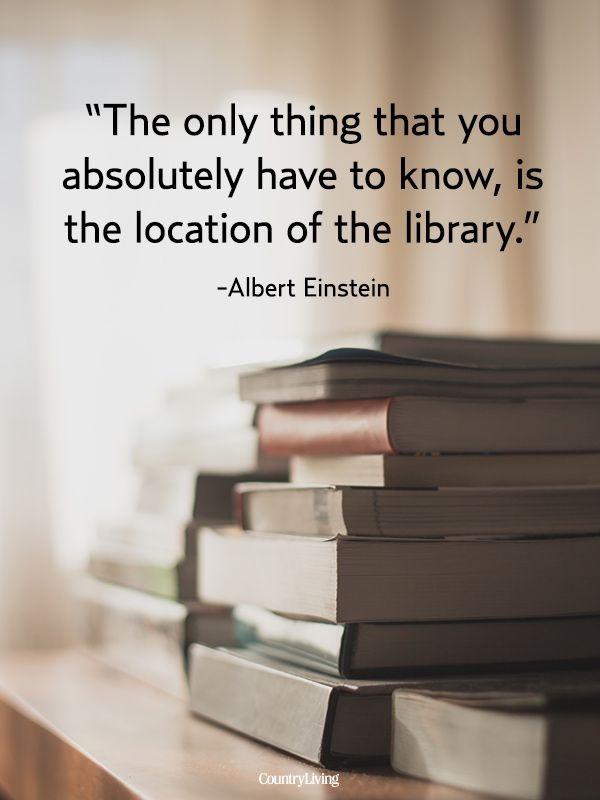
The only thing that you absolutely have to know, is the location of the library
Albert Einstein, one of the greatest minds in history, once famously said, "The only thing that you absolutely have to know, is the location of the library." This statement speaks volumes about the importance of knowledge and the role that libraries play in fostering intellectual growth and curiosity.Einstein understood the value of libraries as repositories of knowledge and information. He recognized that the key to unlocking the mysteries of the universe lay in the vast collection of books, journals, and resources that libraries offer. For Einstein, the library was not just a place to borrow books, but a sanctuary of learning where one could explore new ideas, challenge existing beliefs, and expand their understanding of the world.
In today's digital age, where information is readily available at our fingertips, the role of libraries may seem diminished. However, Einstein's words remind us that the physical space of a library is irreplaceable. It is a place where individuals can immerse themselves in the quiet solitude of reading, research, and reflection. It is a place where one can escape the distractions of the outside world and delve into the depths of human knowledge.
Einstein's emphasis on the importance of knowing the location of the library also speaks to the idea of lifelong learning. He believed that education should not end with formal schooling, but should be a continuous process of exploration and discovery. By knowing where the library is, one can always have access to a wealth of resources that can help them grow intellectually and personally.
Furthermore, Einstein's statement underscores the idea that knowledge is power. In a world where information is constantly changing and evolving, the ability to access and interpret information is crucial. Libraries provide a space where individuals can develop critical thinking skills, engage in intellectual discourse, and become informed citizens.

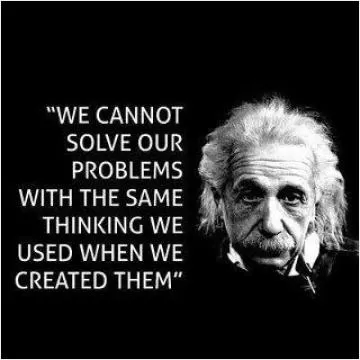

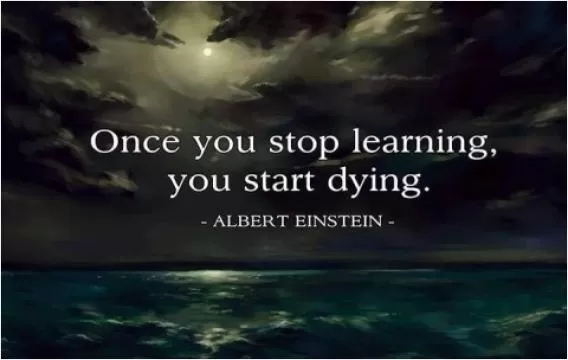
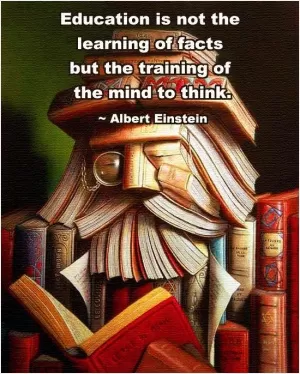


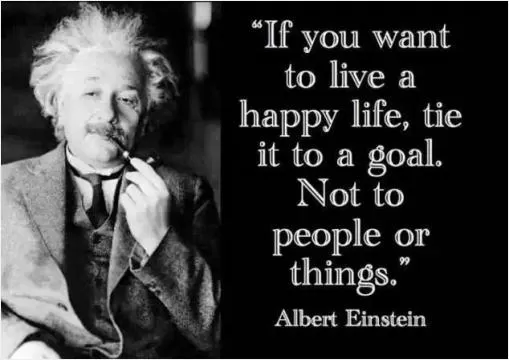
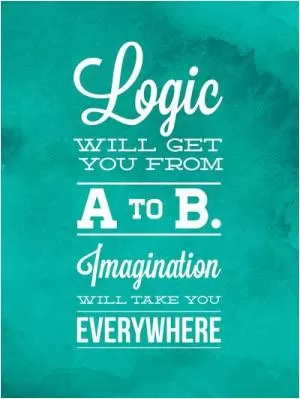
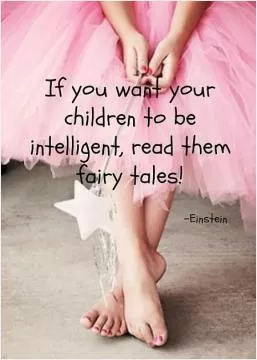
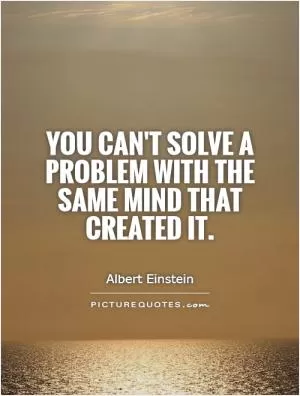
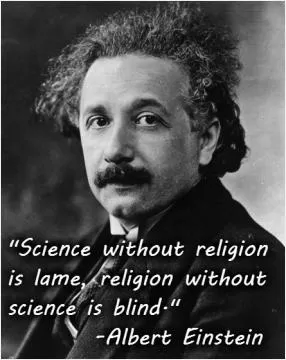
 Friendship Quotes
Friendship Quotes Love Quotes
Love Quotes Life Quotes
Life Quotes Funny Quotes
Funny Quotes Motivational Quotes
Motivational Quotes Inspirational Quotes
Inspirational Quotes